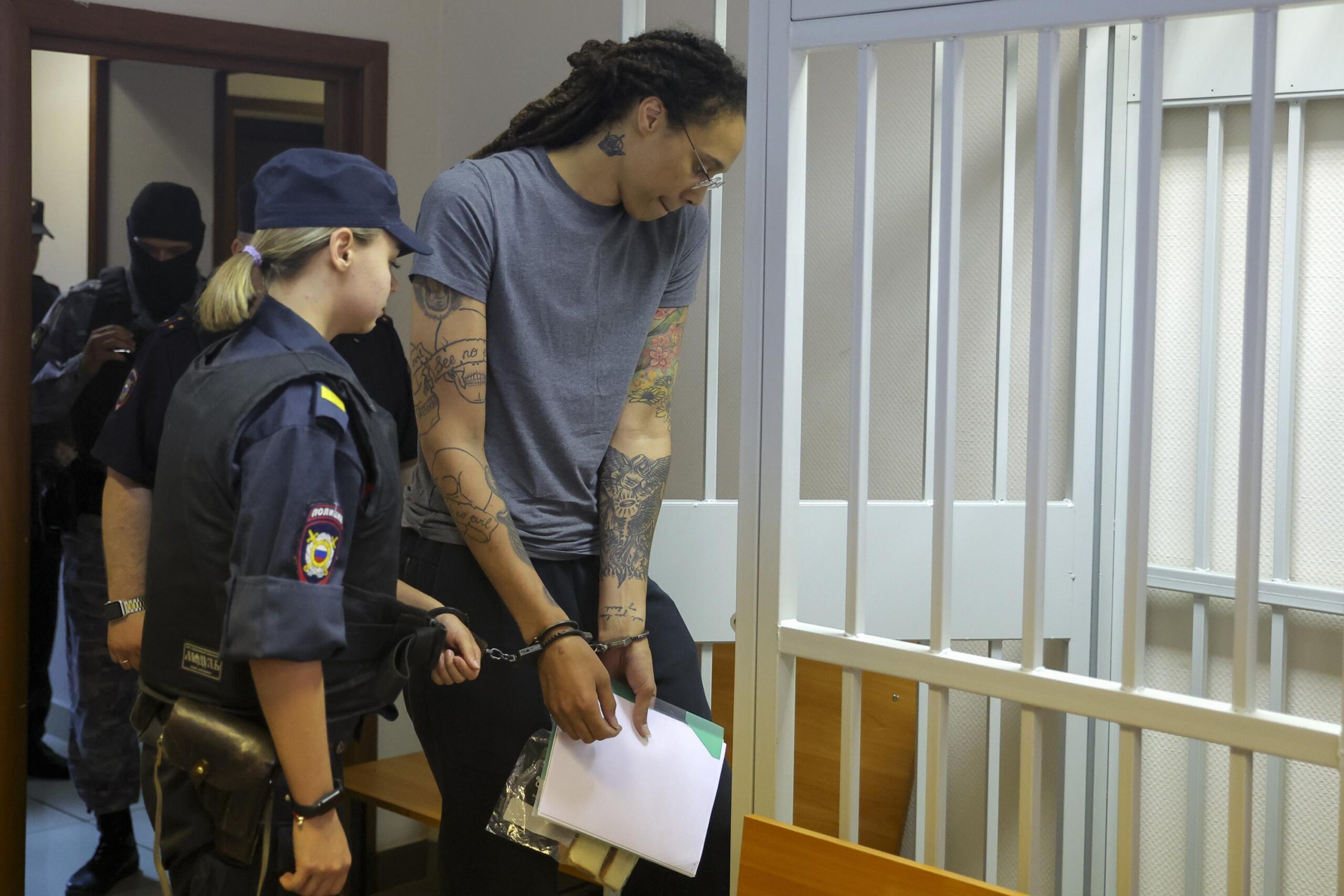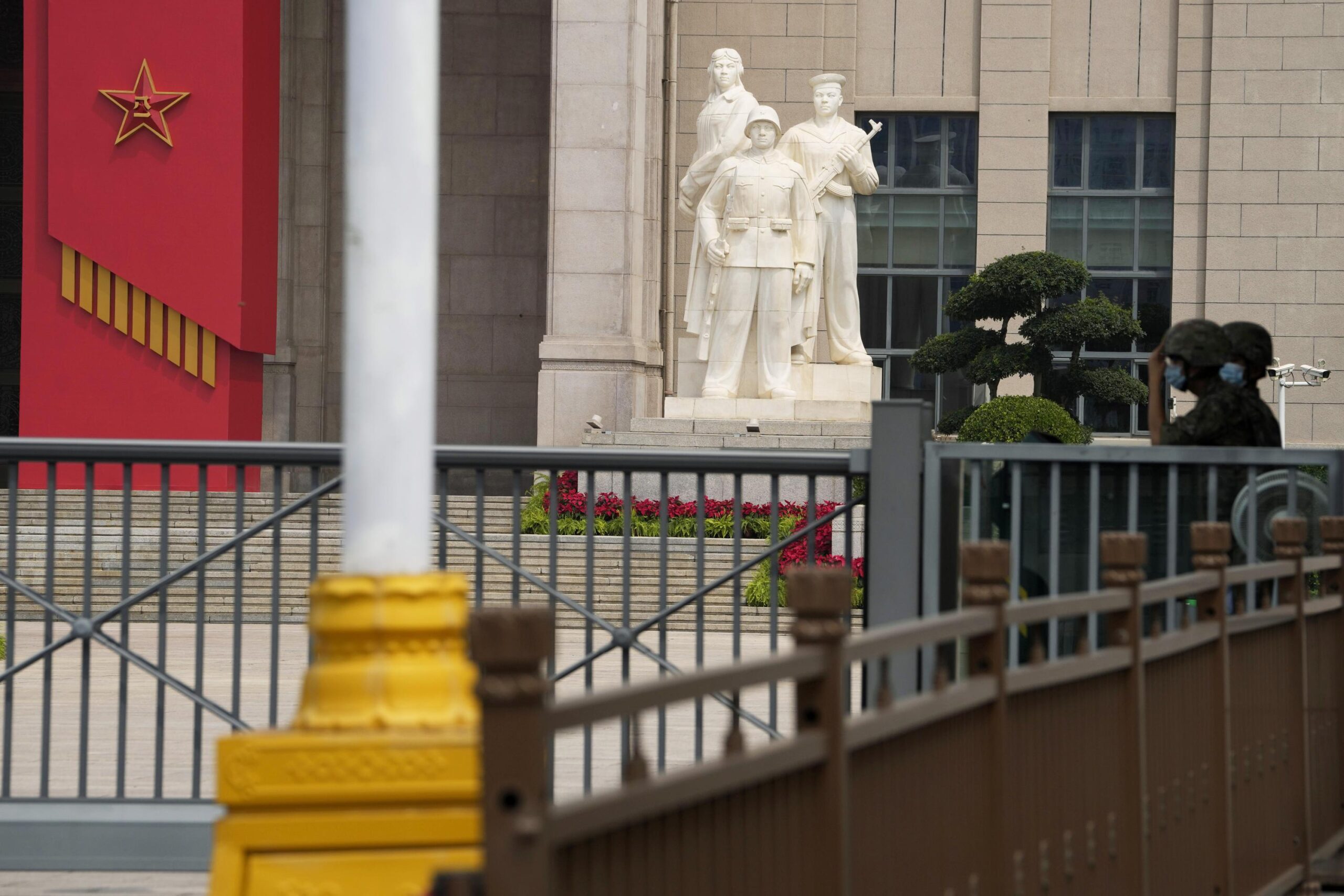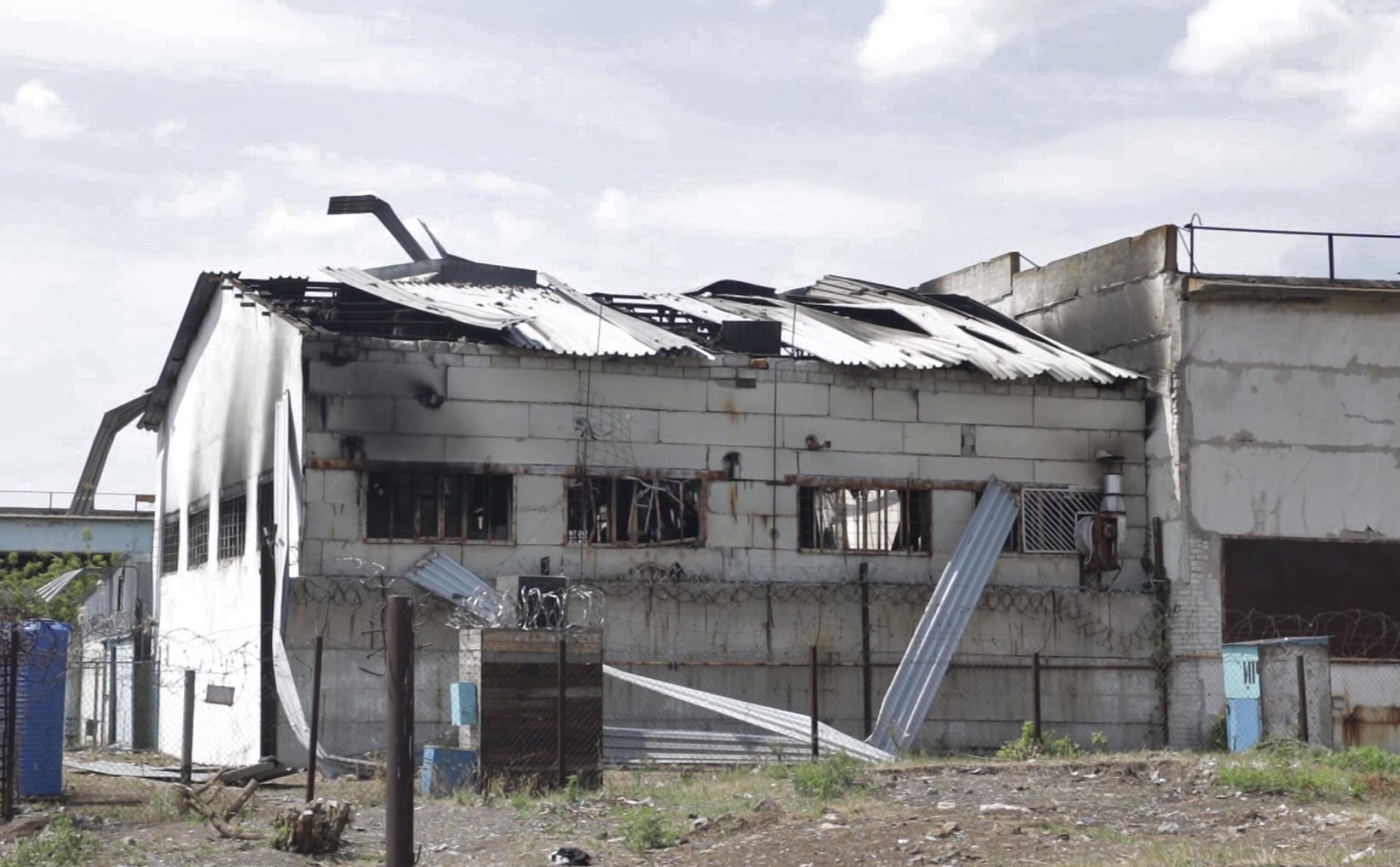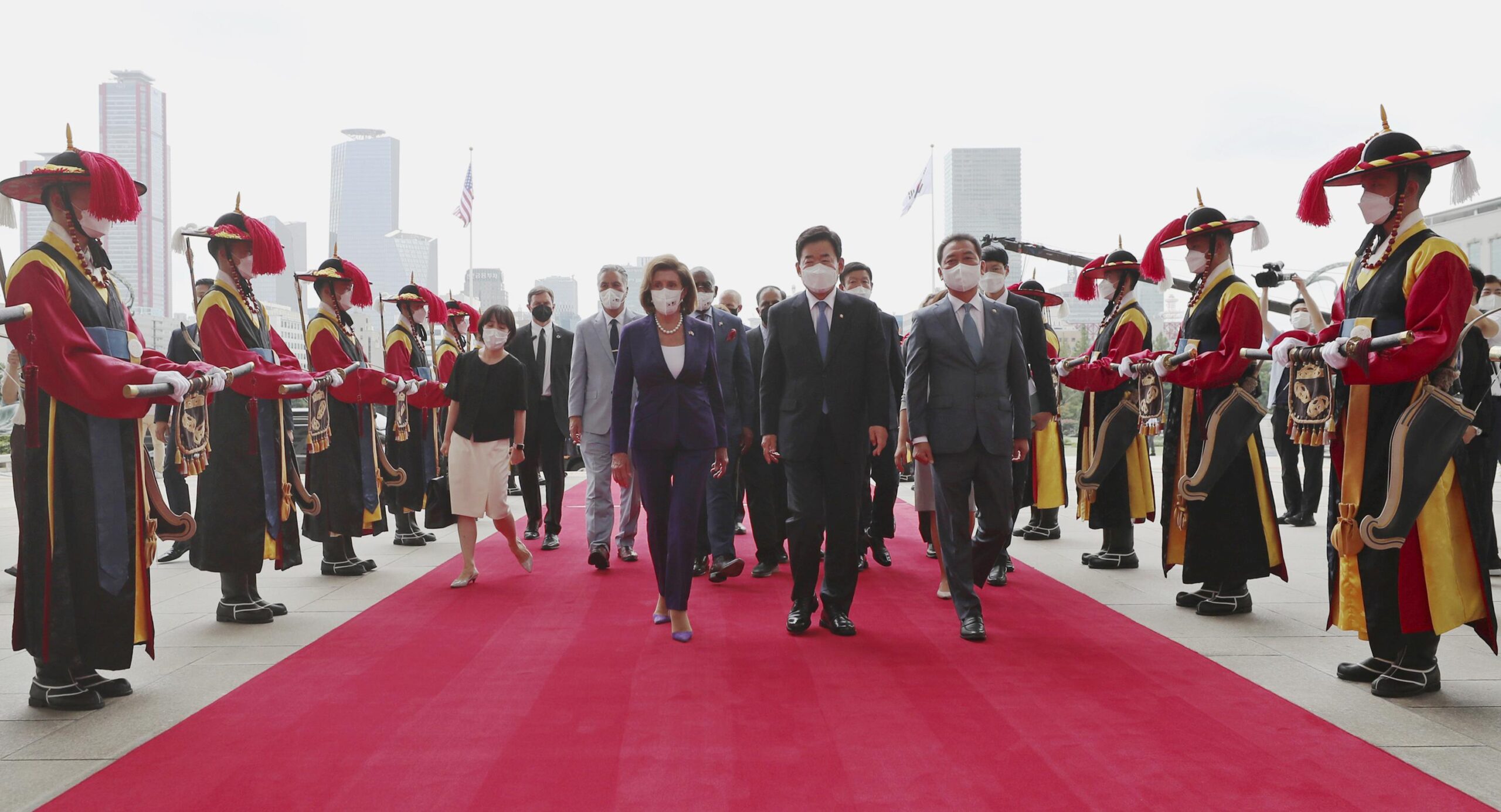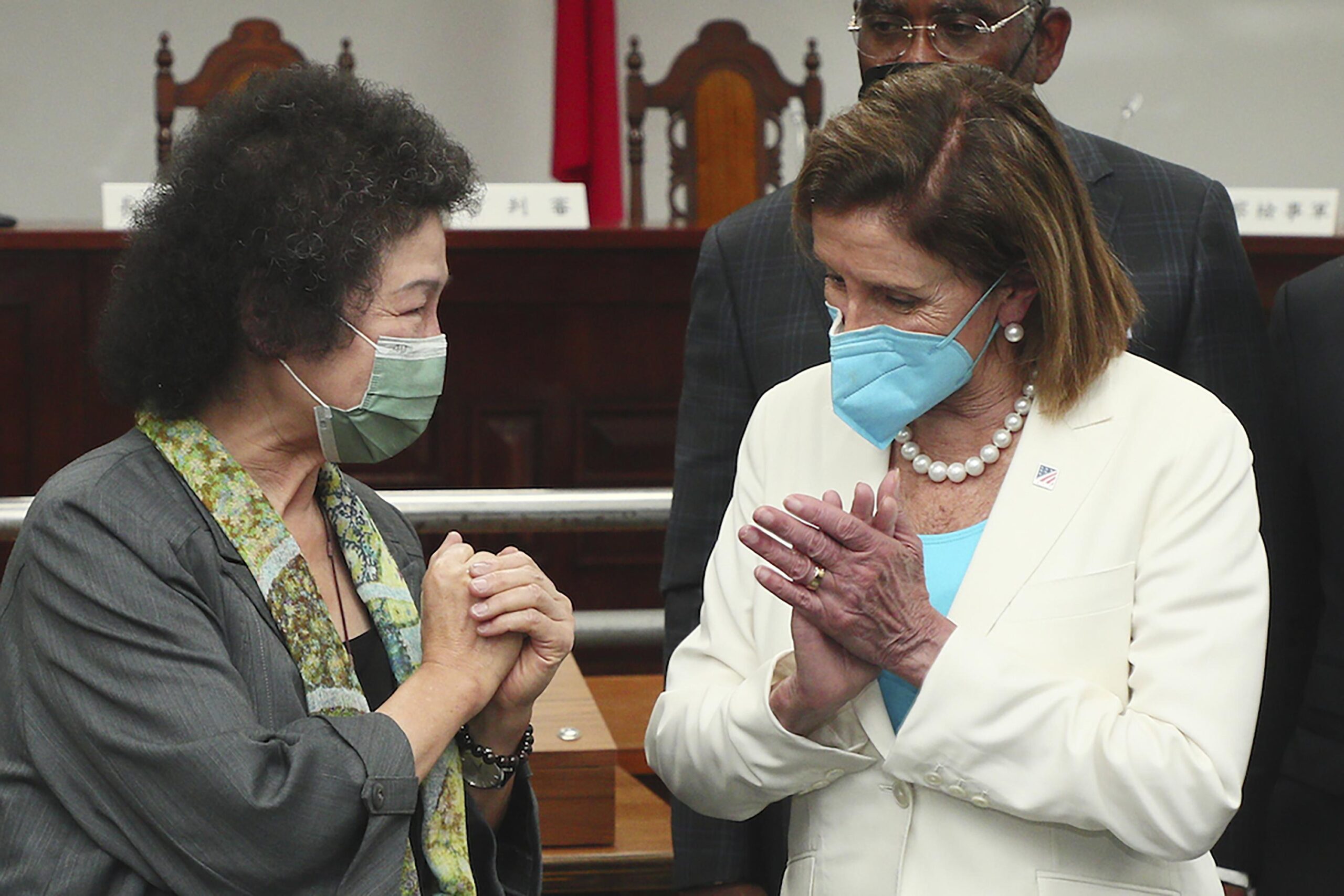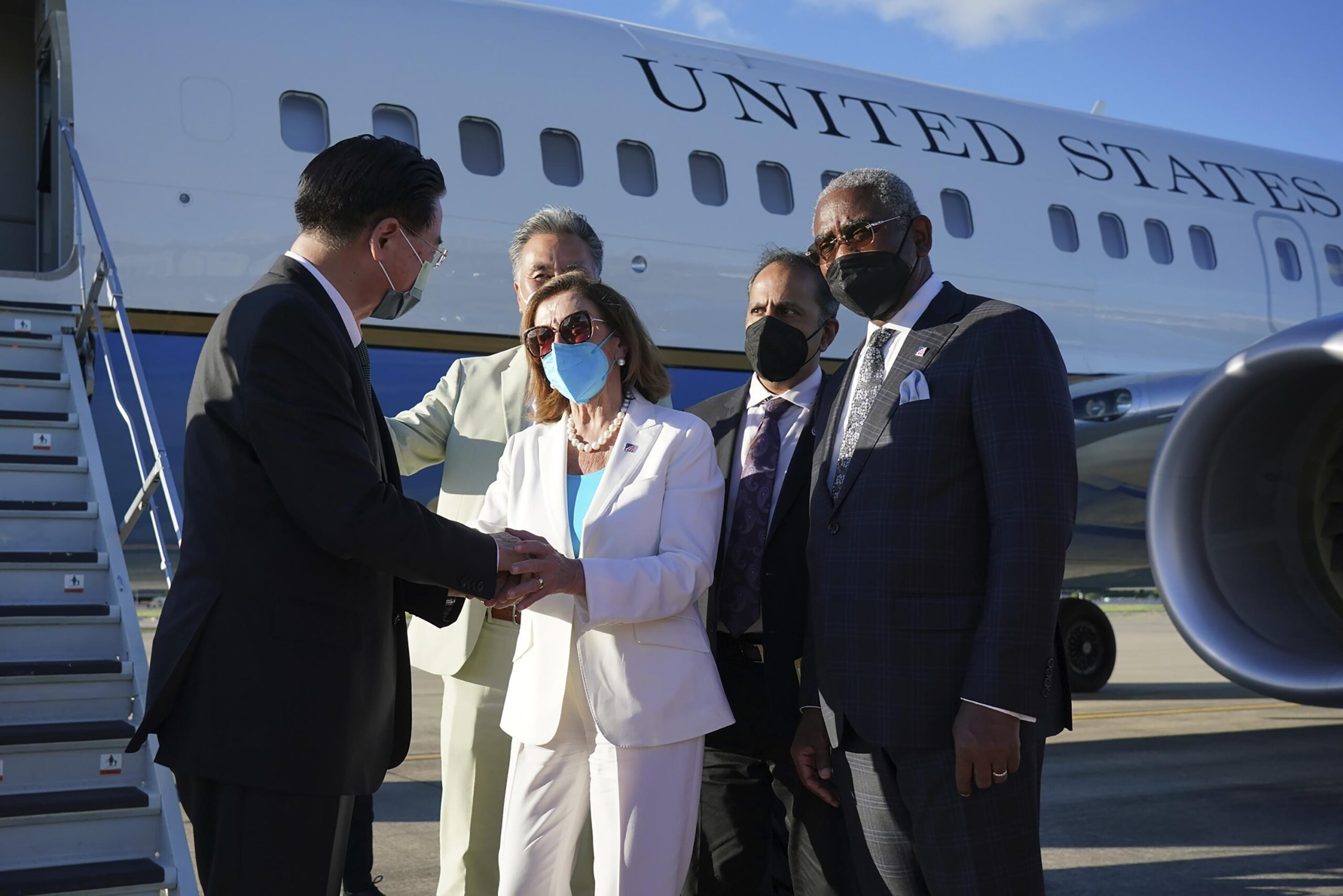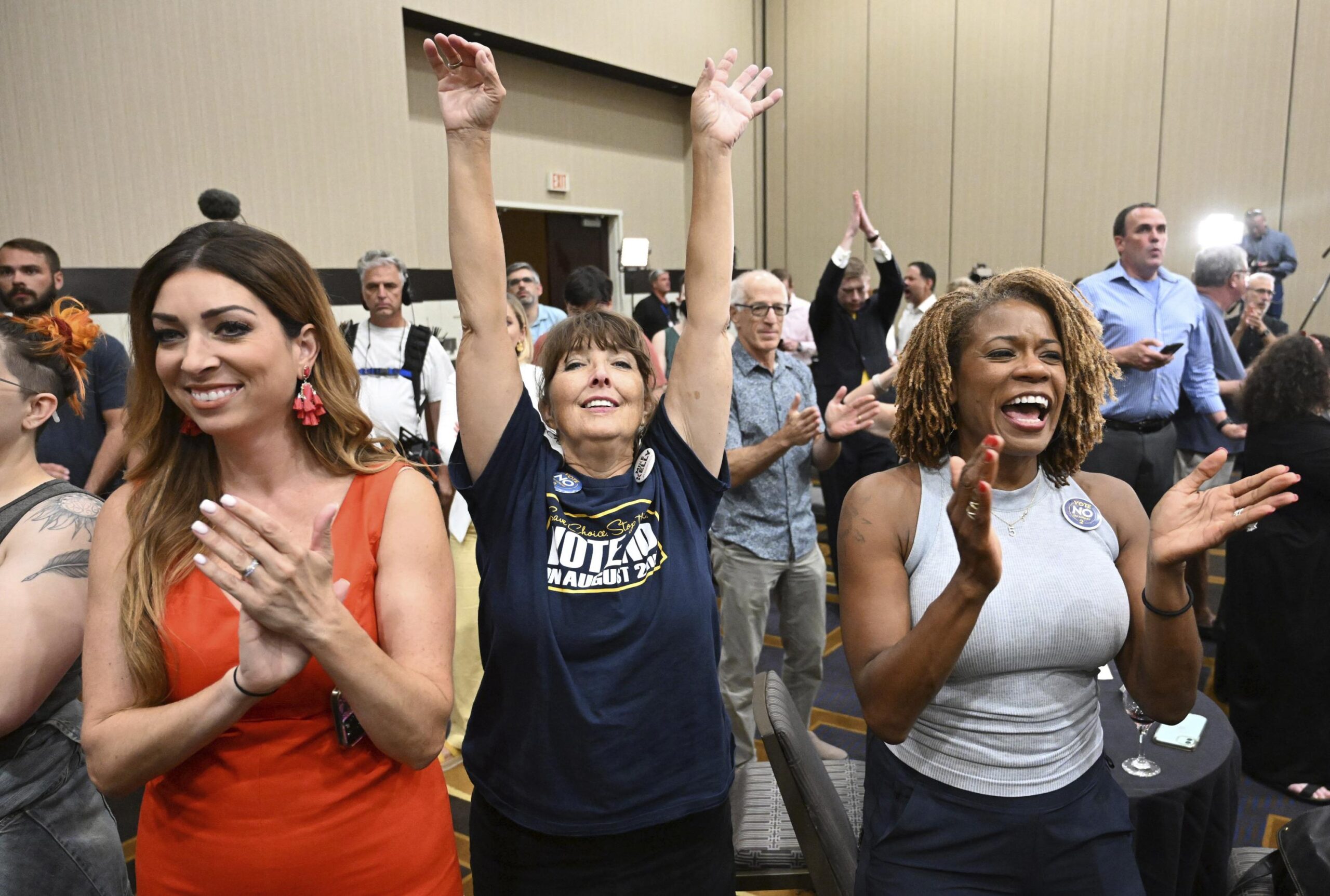KHIMKI, Russia (AP) — An emotional Brittney Griner apologized in a Russian court Thursday as her drug possession trial drew to a close Thursday, and a prosecutor urged that the American basketball star be convicted and sentenced to 9 1/2 years in prison in a case that reached the highest levels of US-Russia diplomacy.
With a judge set to issue an unusually swift verdict later in the day and a conviction all but certain, Griner made a final appeal to the court. She said she had no intention to break the law by bringing vape cartridges with cannabis oil when she flew to Moscow in February to play basketball in the city of Yekaterinburg.
“I want to apologize to my teammates, my club, my fans and the city of (Yekaterinburg) for my mistake that I made and the embarrassment that I brought on them,” Griner said, her voice cracking. “I want to also apologize to my parents, my siblings, the Phoenix Mercury organization back at home, the amazing women of the WNBA, and my amazing spouse back at home.”
Under Russian law, the 31-year-old Griner faces up to 10 years in prison if convicted. but judges have considerable latitude on sentencing.
If she does not go free, attention will turn to the high-stakes possibility of a prisoner swap, which was proposed last week by US Secretary of State Antony Blinken to his Russian counterpart.
She said she made “an honest mistake,” adding: “hope in your ruling it does not end my life.”
Griner said Yekaterinburg, a city east of the Ural Mountains, had become her “second home.”
“I had no idea that the team, the cities, the fans, my teammates would make such a great impression on me over the six and a half years that I spent here,” she said. “I remember vividly coming out of the gym and all the little girls that were in the stands there waiting on me, and that’s what kept making me come back here.”
Lawyers for the Phoenix Mercury center and two-time Olympic gold medalist have pursued strategies to bolster Griner’s contention that she had no criminal intent and that the canisters ended up in her luggage due to hasty packing. They have presented character witnesses from the Russian team that she plays for in the WNBA offseason and written testimony from a doctor who said he prescribed her cannabis for pain treatment.
Griner lawyer Maria Blagovolina argued that Griner brought the cartridges with her to Russia inadvertently and only used cannabis to treat her pain from injuries sustained in her career. She said she used it only in Arizona, where medical marijuana is legal.
She emphasized that Griner was packing in haste after a grueling flight and suffering from the consequences of COVID-19. Blagovolina also pointed out that the analysis of cannabis found in Griner’s possession was flawed and violated legal procedures.
Blagovolina asked the court to acquit Griner, noting that she had no past criminal record and hailing her role in “the development of Russian basketball.”
Another defense attorney, Alexander Boykov, also emphasized Griner’s role in taking her Yekaterinburg team to win multiple championships, noting that she was loved and admired by her teammates.
He told the judge that a conviction would undermine Russia’s efforts to develop national sports and make Moscow’s call to depoliticize sports sound shallow.
Boykov added that even after her arrest, Griner won the sympathy of both her guards and prison inmates, who supported her by shouting, “Brittney, everything will be OK!” when she went on walks at the jail.
Prosecutor Nikolai Vlasenko insisted that Griner packed the cannabis oil deliberately, and he asked the court to hand Briner a fine of 1 million rubles (about $16,700) in addition to the prison sentence.
If she does not go free, attention will turn to the high-stakes possibility of a prisoner swap.
Before her trial began in July, the State Department designated her as “wrongfully detained,” moving her case under the supervision of its special presidential envoy for hostage affairs, effectively the government’s chief hostage negotiator.
Then last week, in an extraordinary moveBlinken spoke to Russian Foreign Minister Sergey Lavrov, urging him to accept a deal under which Griner and Paul Whelan, an American imprisoned in Russia on an espionage conviction, would go free.
The Lavrov-Blinken call marked the highest-level known contact between Washington and Moscow since Russia sent troops into Ukraine more than five months ago. The direct outreach over Griner is at odds with US efforts to isolate the Kremlin.
People familiar with the proposal say it envisions trading Griner and Whelan for the notorious arms trader Viktor Bout, who is serving a prison sentence in the United States. It underlines the public pressure that the White House has faced to get Griner released.
White House Press Secretary Karine Jean-Pierre said Monday that Russia has made a “bad faith” response to the US government’s offer, a counteroffer that American officials don’t regard as serious. She declined to elaborate.
Russian officials have scoffed at US statements about the case, saying they show a disrespect for Russian law. They remained poker-faced, urging Washington to discuss the issue through “quiet diplomacy without releases of speculative information.”
.
